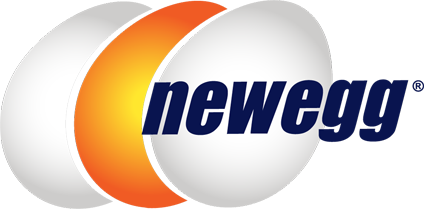Human?
Are you a human?
We apologize for the confusion, but we can't quite tell if you're a person or a script.
Please don't take this personally. Bots and scripts can be very much lifelike these days!
To help us better protect your account security, please check the CAPTCHA box below.
If you're interested in accessing Newegg API service, please submit a request.
We would love to hear your opinion. Let us know your feedback.
